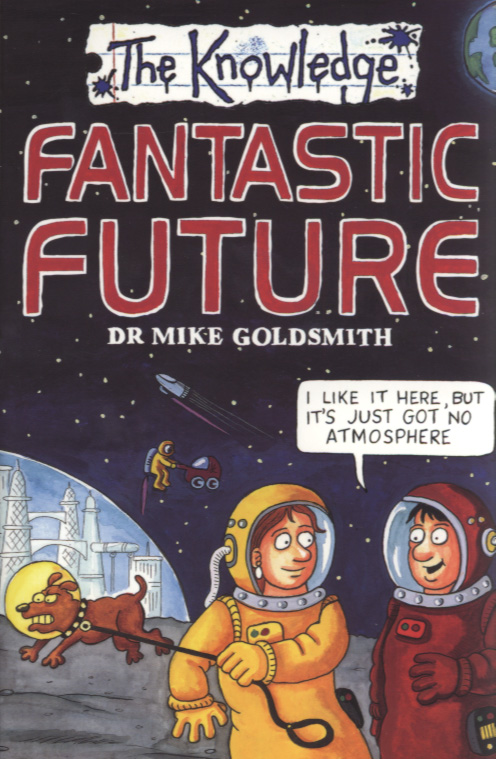Resources
Fantastic Fossils
A Catalyst article about encountering the fossils of the bones or shells of individual animals embedded in sedimentary rocks. This article looks at some extraordinary fossils of plants and animals preserved together in an ecosystem - it is even possible to see the cells of which they were made. The article also...

In 30 years' time will you be holidaying on the moon? In 100 years' time could you genetically engineer your own pet? In 1000 years' time will you travel through space in an anti-matter-drive spaceship?
This...
This item is one of over 25,000 physical resources available from the Resources Collection. The Archive Collection covers over 50 years of curriculum development in the STEM subjects. The Contemporary Collection includes the latest publications from UK educational publishers.
Fantastic Plastic
This Catalyst article looks at the use of polymers in the manufacture of household items. The exciting thing about polymers is that it is possible to make polymers behave in so many different ways by organising their long chain molecules in different ways – polymers are the ultimate designer material. The article...
This booklet is part of the ‘Innovations in Practical Work’ series published by the Gatsby Science Enhancement Programme (SEP). Plastics – or polymers as they are more correctly called – look set to be the material of the future. Think of any product and it is likely that it consists, at least in part, of a polymer...
This booklet is part of the ‘Innovations in Practical Work’ series published by the Gatsby Science Enhancement Programme (SEP). Plastics – or polymers as they are more correctly called – look set to be the material of the future. Think of any product and it is likely that it consists, at least in part, of a polymer...
Fantastic Plastic *suitable for home teaching*
This booklet is part of the ‘Innovations in Practical Work’ series published by the Gatsby Science Enhancement Programme (SEP). Plastics – or polymers as they are more correctly called – look set to be the material of the future. Think of any product and it is likely that it consists, at least in part, of a polymer...
This resource contains information and activities concerning plastics as materials and how plastics are made, processed and recycled. The resource is designed for use with 8-11 year olds, but can adapted for use with other children.

Optical illusions have been fascinating our minds for centuries. By...
This book aims to inspire pupils with the stories of women scientists and their life-changing discoveries.
